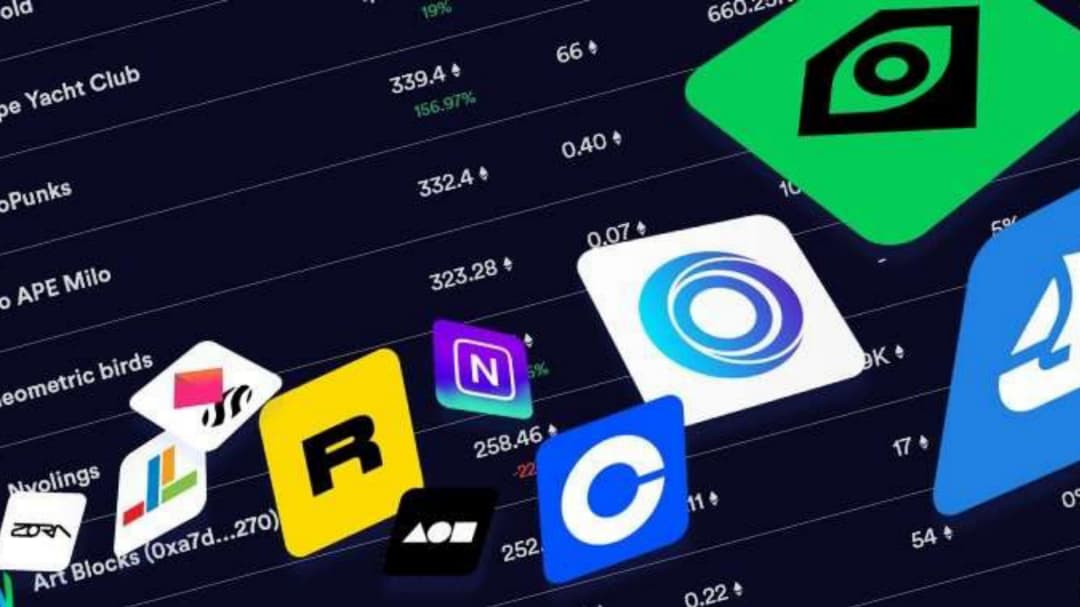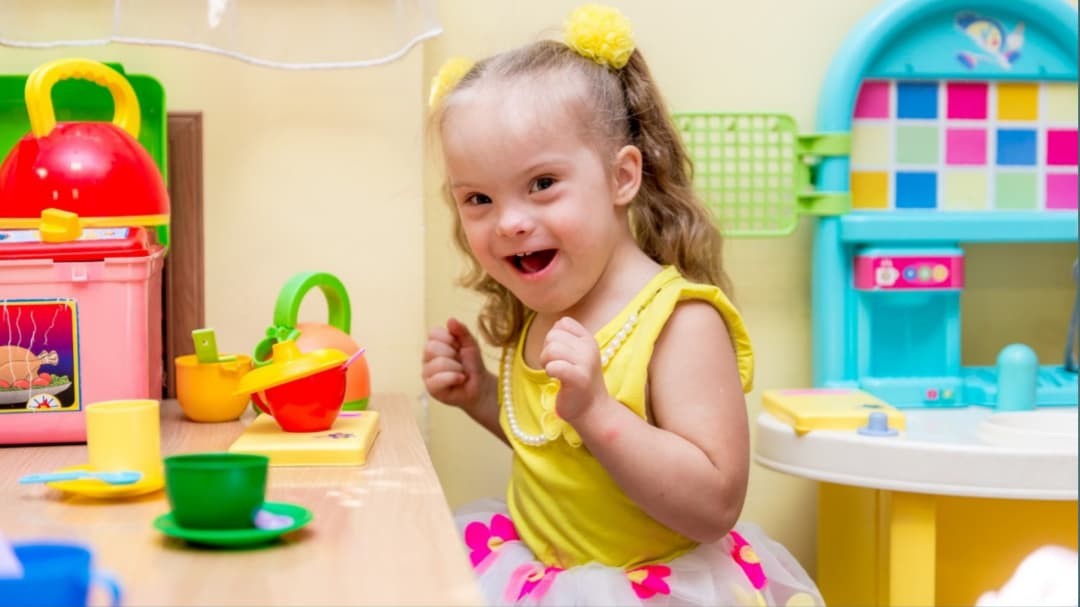Why Some People Fear AI and Others Can’t Wait to Use More of It
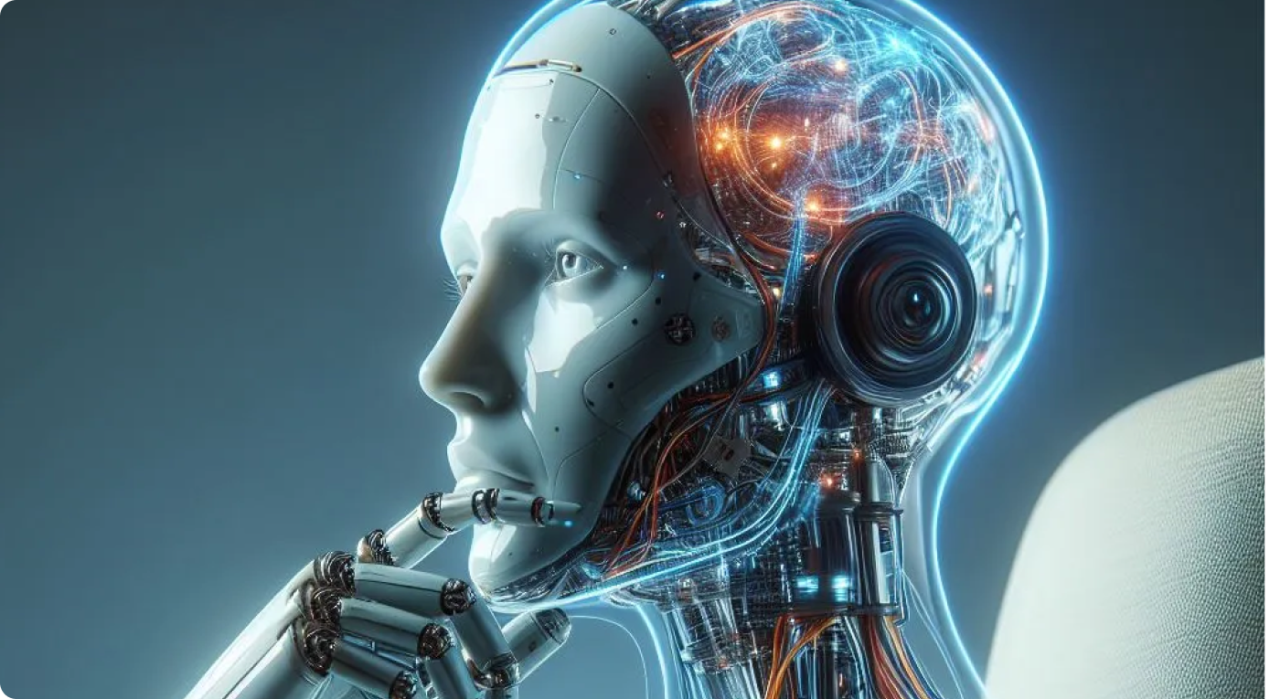
People rarely react to new technology in neutral tones. There is always a mix of excitement and caution, sometimes even awe and suspicion living side by side. You can hear it in conversations at work, in long comment threads, or in the quiet way someone hesitates before asking if a machine is doing their job better than they are. Artificial intelligence sits exactly in that tense middle ground. For some, it feels like an extra hand, one that works quickly, never asks for overtime, and quietly organizes the chaos of daily life. For others, it feels like a shadow creeping too close, a system they didn’t ask for, deciding things they can’t fully see. Between these two reactions lies a story about trust, fear, optimism, and the subtle ways people try to hold onto control in a world that doesn’t stop upgrading itself.
The Divide Isn’t Random; It’s Personal
The reactions people have to AI often sound like personality traits: cautious, curious, overwhelmed, eager, annoyed, impressed. But beneath those feelings are practical realities. Some people work in fields where AI is becoming a tool, a convenient one that takes on repetitive chores or helps with tasks that used to eat up endless hours. Others, however, work in spaces where automation isn’t just a convenience; it feels like a threat to their livelihood or relevance.
It’s not unusual to hear someone say, “AI makes my life easier,” while another person confesses, “I feel like I’m competing with something I can’t see.” Both perspectives are valid because both come from lived experience. People are not reacting to AI itself; they’re reacting to what it means to their career, their identity, their stability, their privacy, their sense of control.
Even in homes, families use AI in uneven ways. One person might rely on an AI-powered language learning app or a virtual assistant without thinking twice, while another still doesn’t like the idea of a device listening, learning, or suggesting what to do next. A technology becomes personal the moment it enters someone’s routine, and AI has integrated itself into more routines than people realize.
The Fear Isn’t Always Fear of the Technology
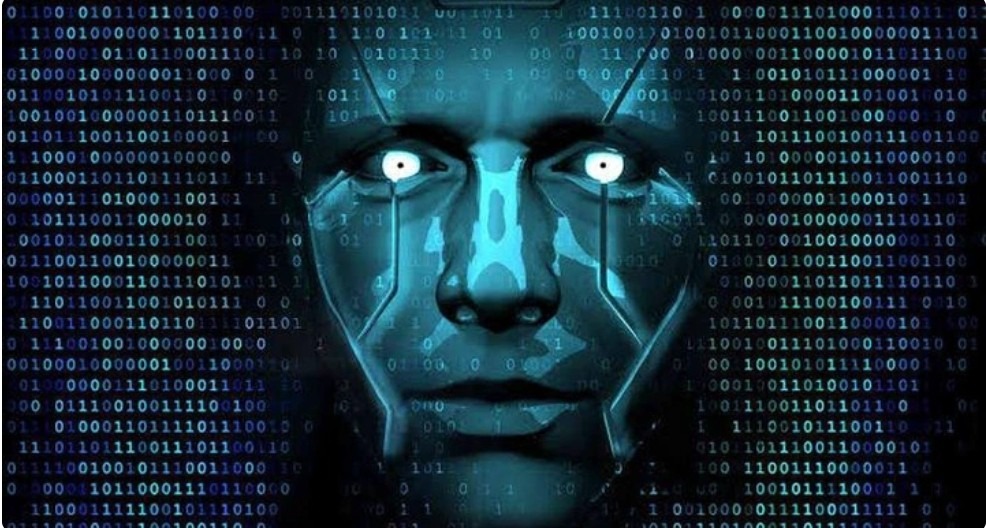
When you listen closely, most people who say they are afraid of AI aren’t describing the technology itself. They’re describing uncertainty. They’re describing a sense of being left behind. They’re describing the pace of change and the feeling that new rules are being written faster than anyone can read them.
AI triggers a specific kind of anxiety because it mimics human abilities; writing, analyzing, generating, predicting. There is something unsettling about a system that works without resting, doesn’t need encouragement, and makes decisions based on data we rarely understand. For many, the fear is rooted in three quiet worries:
“What if I can’t keep up?”
“What if this replaces me?”
“What if it knows too much about me?”
These aren’t imaginary concerns. Global discussions about job security, data privacy, and algorithmic bias continue to grow. Even organizations like the World Economic Forum have published reports detailing how work expectations are shifting due to automation and AI.
For many people, the fear is not about machines becoming too powerful, it’s about humans losing clarity about where they fit.
Not everyone sees AI as a threat. Some people move through this technological moment with enthusiasm, curiosity, and a sense of possibility. They use AI to learn faster, create better, solve problems, or speed up everyday tasks. For them, AI feels like a partner—quiet, efficient, non-judgmental.
A graphic designer who uses AI to test color palettes isn’t afraid of losing her creativity; she sees AI as giving her more room for it. A small business owner who automates his customer communication doesn’t feel replaced; he feels relieved. A student who uses AI-driven study tools isn’t less intelligent; she simply feels supported.
And then there are people who are not just comfortable with AI, they are excited about how far it might go. They imagine smarter healthcare diagnostics, faster scientific breakthroughs, better traffic systems, and more accurate weather predictions. Organizations like MIT Technology Review highlight these advancements regularly, pointing to areas where AI isn’t replacing people, it’s helping them accomplish what humans alone couldn’t do at scale.
For this group, AI represents expansion: doing more with less, reaching further, understanding faster.
The Role of Trust
Trust is the quiet line that separates fear from excitement. People who trust the systems behind AI, whether it’s their workplace, a software company, or the broader tech ecosystem tend to adopt new tools more easily. People who don’t trust these systems hesitate, even if the technology appears harmless.
And trust is shaped by many things:
– past experiences with technology
– understanding (or lack of understanding)
– transparency from companies
– cultural narratives
– generational perspectives
Older adults, for example, often approach AI cautiously, not out of resistance, but out of experience. They’ve seen waves of technology promise simplicity yet bring complications or privacy concerns. Younger users might embrace AI tools more confidently, especially if they grew up around digital systems that adapted to them rather than the other way around.
This creates a landscape where trust varies, not just from person to person, but from community to community.
The Issue of Control
AI triggers a unique discomfort because it blurs the boundaries between assistance and autonomy. When a device completes your sentence, chooses the next song, or predicts what you might want to buy, it raises a question many people don’t say out loud:
“Am I still making my own decisions?”
People who feel in control enjoy these features recommendations feel helpful, reminders feel thoughtful, automation feels efficient. But people who feel watched or nudged react differently. They sense that choices are being shaped behind the scenes, using data they never consciously handed over.
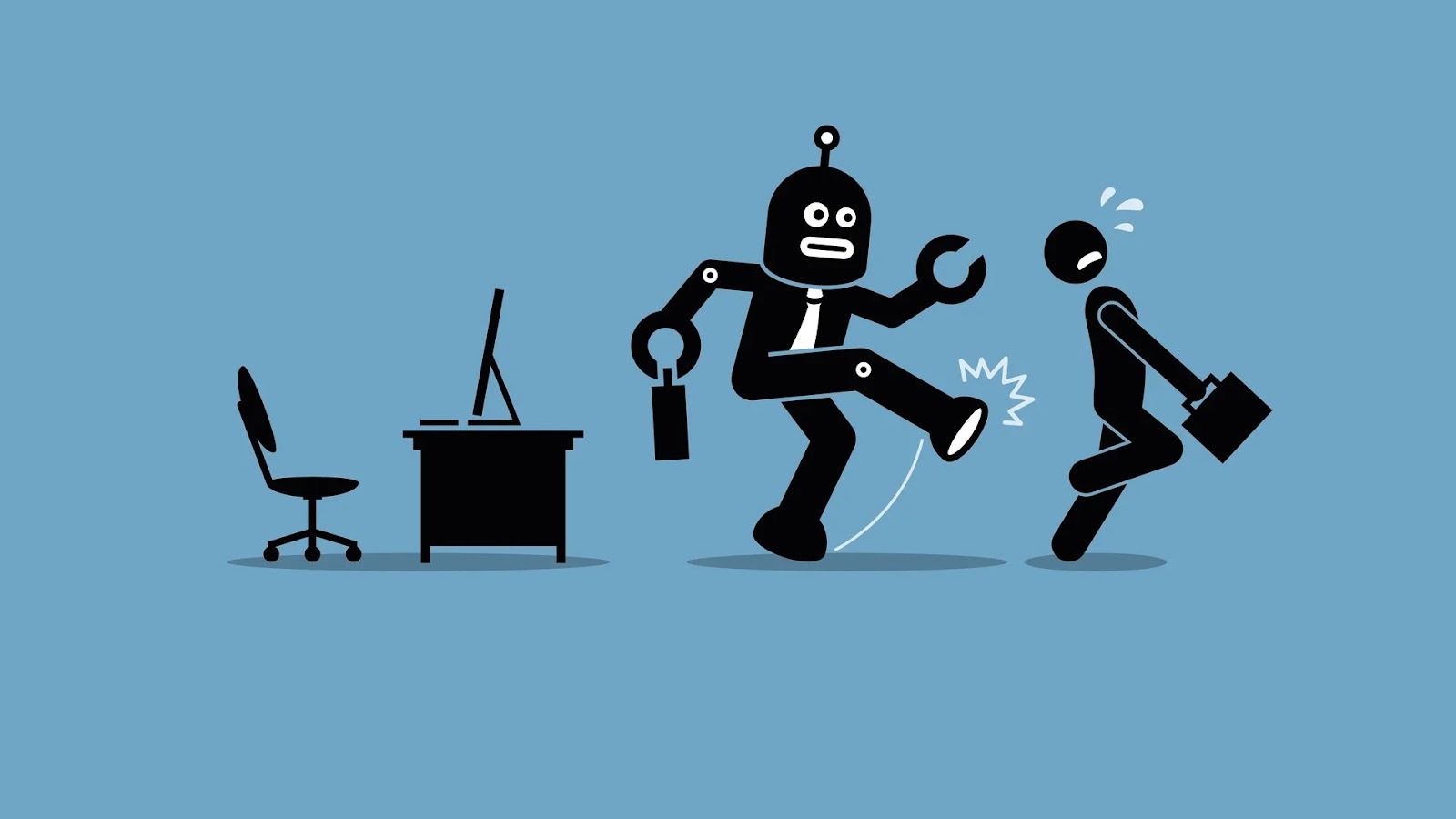
This tension, convenience vs. control is one of the strongest reasons AI divides reactions. It’s also the reason global organizations like Mozilla Foundation publish frequent research on digital transparency and user rights.
The more clearly people understand how AI systems work, the more comfortable they become. The less they know, the more uneasy they feel.
Workplaces Are Becoming the Testing Grounds
In many companies, AI is being introduced in small, practical ways: automating reports, sorting data, analyzing performance trends, drafting early versions of documents, or assisting customer service teams. These are not dramatic disruptions, they are small shifts that change how work flows.
But in those small shifts, employees begin to ask the quiet questions:
– If this task is automated, is my role changing?
– If this system learns more, what does my future look like here?
– If the company relies on AI more, are we becoming less needed?
Meanwhile, other workers see the introduction of AI as a lifeline especially in overstretched fields like healthcare, logistics, education, and digital services. They view AI not as competition, but as reinforcement: a system that absorbs repetitive, time-consuming tasks so humans can focus on what requires judgment, empathy, or creativity.
Two people can sit in the same office and have entirely different reactions to the same tool and both reactions make sense.
The Emotional Side People Rarely Admit Out Loud
Few people say openly, “I’m scared of being replaced,” or “I feel left behind,” or “I don’t understand this well enough to trust it.” Instead, those feelings appear in subtle ways: hesitation to use new tools, complaints about modern systems being “too much,” or the way someone clings tightly to the methods they already know.
Technology has always carried emotional weight, but AI adds a layer of vulnerability because it touches areas many people consider personal: creativity, intelligence, and decision-making. It doesn’t just automate tasks; it imitates skills people value.
This emotional layer is why conversations about AI become heated so quickly. People are not debating the software, they’re defending their sense of identity and value.
So Who’s Right? The Enthusiasts or the Cautious Ones?
The truth sits somewhere in the middle. AI is powerful, imperfect, helpful, risky, promising, and unpredictable, all at once. The people who fear it are not being overly dramatic; they’re responding to real concerns. The people who embrace it are not being naïve; they’re responding to real benefits.
The divide isn’t a battle between the informed and the uninformed. It’s a reflection of where people stand in their lives, what they fear losing, what they hope to gain, and how much control they feel they still have.
AI doesn’t affect everyone equally and people react accordingly.
Whether someone fears AI or can’t wait to use more of it, one thing is certain: AI is becoming part of daily life in ways too subtle to ignore. The debate isn’t going away. It will keep evolving, just as the technology does quietly, steadily, and sometimes faster than people expect.
But the real story is not about machines. It is about people, how they adapt, resist, hope, question, and navigate a world that keeps rewriting itself in real time.
And in that sense, AI is not the main character. We are.
You may also like...
Premier League Fury: Chelsea & West Ham Hit With Heavy Fines Over Mass Brawl

Chelsea and West Ham have been hit with significant fines by an independent regulatory commission following a mass confr...
NBA Shocker: Luka-LeBron Botch Crushes Lakers' Hopes Against Magic

The Los Angeles Lakers suffered a narrow 110-109 defeat to the Orlando Magic, following a critical botched inbounds play...
Ryan Gosling Shines in 'Project Hail Mary,' Early Buzz Hails 'Must-See Space Odyssey'

Phil Lord and Christopher Miller's "Project Hail Mary" is receiving stellar early reviews, with critics calling the sci-...
Margot Robbie's Latest Epic Love Story Dominates Box Office, Outperforms 'RRR'

"Wuthering Heights," director Emerald Fennell's controversial adaptation of Emily Brontë's novel, has achieved significa...
End of an Era? Mike Patton Hints at Faith No More Split, Fans Brace for Impact

Mike Patton suggests Faith No More's active period may be over, citing an unspoken sense of closure after their last per...
Rock & Roll Hall of Fame Shakes Up 2026 With Star-Studded Nominee List and Artist Reactions

The Rock & Roll Hall of Fame has announced its 17 nominees for the Class of 2026, featuring 10 first-time contenders lik...
Snoop Dogg Unveils Shocking Connection to Bitter Beckham Family Spat

Hollywood megastar Snoop Dogg has weighed in on the ongoing Beckham family feud, which saw Brooklyn Beckham publicly acc...
Shawn Hatosy's Shocking 'Twin, Wife, Mom' Remark on Sarah Michelle Gellar's Ursula

"Ready or Not 2: Here I Come" picks up immediately after the first film, as Grace's survival triggers a new, dangerous g...

